Almost all of us have experienced flaky scalp at some point in our lives (and some unfortunate ones like me experience it every week :\). As I read blogs and discuss with friends, I see a lot of misconceptions circling around dandruff. This is my try at clearing all doubts regarding dandruff. Shall we begin?

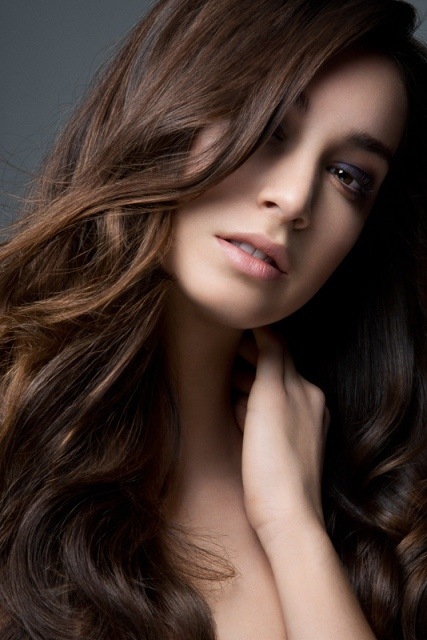
Did you know that your scalp, like the rest of your skin is constantly shedding and being replaced? So why don’t we notice it? They are too small to the naked eye and easily wash away when we shampoo our hair.
1. What is dandruff then?

When this shedding is so excessive that the dead skin clump together to become large and are so huge in quantity that they are easily visible as flakes, we have dandruff.
2. Is it dry skin?
Contrary to popular belief, dandruff is the result of too much oil. Dryness, itch, and flaking are its symptoms, not cause. So, oiling you hair will only aggravate the problem if you indeed have dandruff. Dry scalp and buildup of styling can also cause flaking but that is not dandruff.
3. Am I unhygienic? Can I catch dandruff from someone?
Dandruff doesn’t mean you have dirty hair, although not washing your hair enough can make your dandruff look worse because dead skin cells build up. In short, dirty hair doesn’t cause dandruff, but dandruff can cause dirty hair. It’s not contagious, you can’t catch it or pass it along to someone else, be it via combs, towels or direct contact.
4. Why is that so? What causes dandruff?
Dandruff is the result of three factors:
- Sebum.
- The metabolic by-products of Malassezia yeast (that are present on everybody’s scalp not just dandruff sufferers).
- Individual sensitivity.
Malassezia globosa metabolizes the sebum by giving a byproduct called oleic acid which penetrates the top layer of the epidermis resulting in an inflammatory causing dandruff. So too much fungus or too much sebum may cause dandruff.
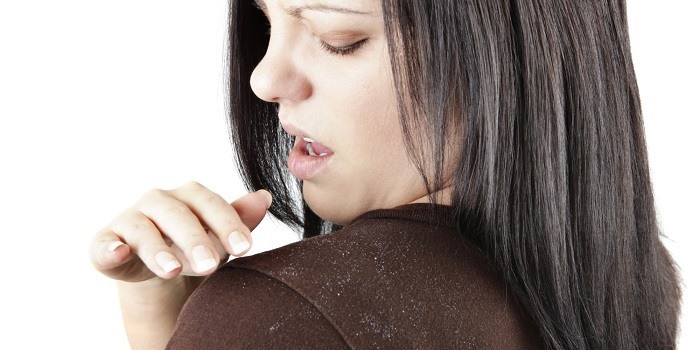
5. How do we tell the difference between dry skin and dandruff?
Dry scalp is characterized by small, white flakes of scalp whereas dandruff is usually characterized by larger, greasy or waxy flakes, or clusters of skin cells, usually yellowish or grey.
6. Is it just the scalp that is affected?
No. You can also get it on your face (eyebrows and nose crease especially), behind your ears and on your body. Basically anywhere on your skin that can over-produce sebum.
7. Can dandruff be cured?
No, it can only be controlled. You’ll need to continue the use of anti-dandruff shampoos for the rest of your life. How often you shampoo – everyday, once a week, twice a week, once a month or once in 6 months depends on the severity of your dandruff.
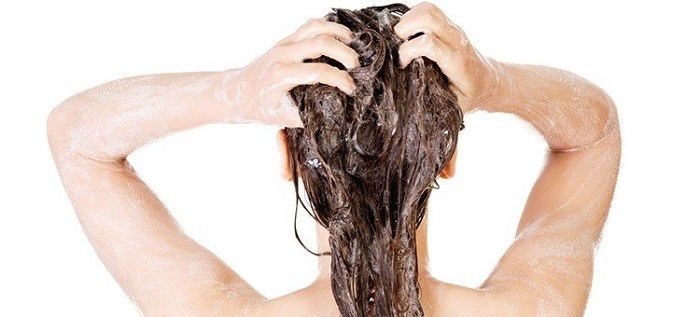
8. Which is the best treatment?
- Ketoconazole: Fungus is the common culprit when it comes to dandruff, so a broad-spectrum anti-fungal ingredient can be helpful.
- Zinc pyrithione: This is another anti-fungal medication, which does double duty by also discouraging bacteria.
- Coal tar: Coal tar fights dandruff by slowing the rate at which the cells on your scalp die and flake off.
- Selenium sulfide: This works similar to coal tar in that it slows the rate of skin cell death and thus the accumulation of dead skin cells.
- Salicylic acid: This exfoliator aids in sloughing off the excess skin cells. It also has anti-inflammatory and anti-microbial properties.
9. How should I wash my hair?
Using the ends of your fingers, gently rub the shampoo into your scalp and massage your scalp to lift the buildup. Leave the shampoo on your head for five minutes before you rinse.
10. Can we use other types of shampoos?
Once you have your dandruff under control, you can switch back to regular shampoo as long as you continue to use an anti-dandruff shampoo in between. Also, if you prefer the smell of your normal shampoo, you can use that after using your anti-dandruff shampoo.
Whichever shampoo/conditioner you use, rinse it off thoroughly. Any leftover residue could create a feeding ground for the wicked yeast. Also, these products as well as oils hold skin cells down, increasing the gunk on your scalp.
11. Can dandruff cause hair loss?
Seeing hair float towards the drain makes some people quit shampooing their hair, when in reality washing your hair makes little difference in the amount of hair you lose. You see a lot of hair fall because you are removing the already dead hair from your scalp in one go. That means it falls out a bit if you wash every day and a lot if you wash every 3-4 days, because it accumulates on the days you don’t wash.
Coming to dandruff, thinning hair is about hair. Dandruff is about the skin on your scalp. The only connection is that if left untreated, dandruff can become so itchy and inflamed that because of all the scratching, your hair breaks causing temporary hair loss. So the more you shampoo and get rid of the dandruff, the less your hair will break.
Do you have any information regarding dandruff? Do share 🙂
Hair Dandruff: Home Remedies and Treatment
Best Dandruff Shampoo
How To Treat Oily Dandruff At Home
Dandruff Busting, Hair Hydrating DIY Hair Mask and Conditioner
10 Tips To Get Rid of Dandruff Naturally
Aroma Magic Anti-Dandruff Flaky Oil
Best Anti-Dandruff Shampoos in India
Khadi Herbal Shampoo Neem & Aloevera for Preventing Dandruff

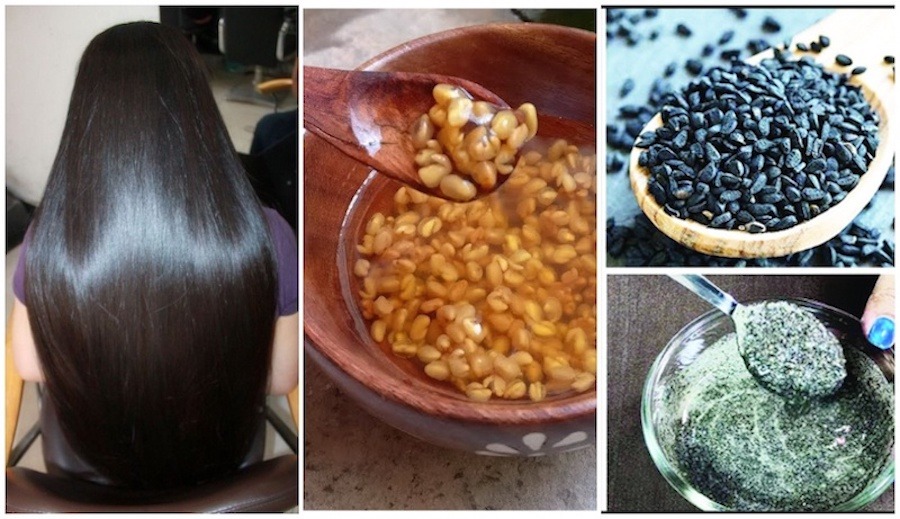
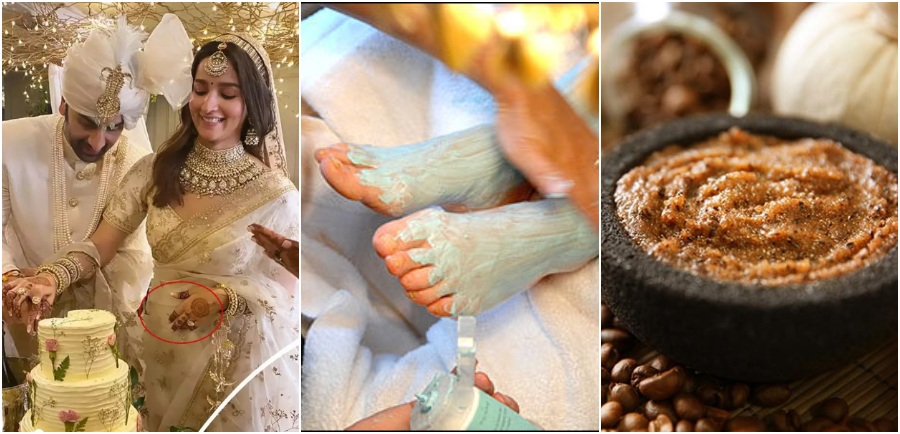
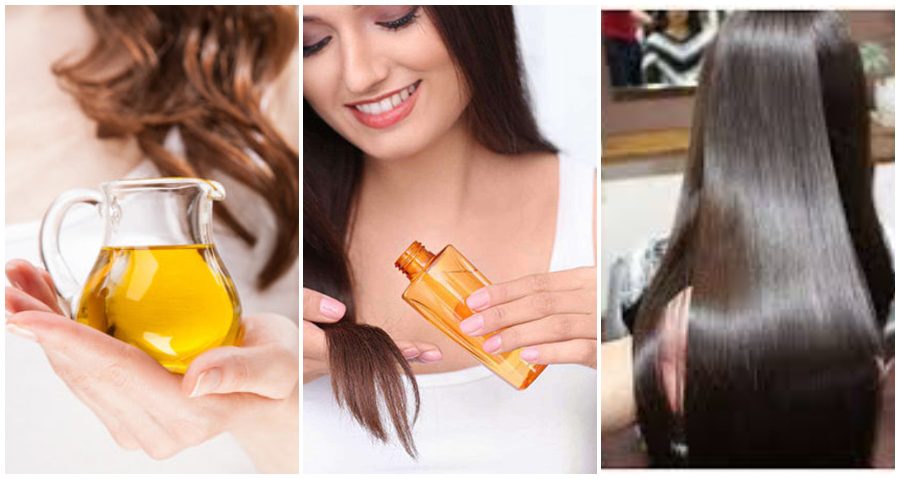




![Sandwiches_for_weight_loss[1]](https://makeupandbeauty.com/wp-content/uploads/2024/04/Sandwiches_for_weight_loss1.jpg)
I suffer from dandruff only during winters, washing hair frequently always helps 🙂
I usually get dandruff during monsoons so I bring a change in my hair care routine that helps a lot
Ive got really bad dandruff problem and this article was very helpful. Ill keep these pointers in mind and hope to get the dandruff under control. Great article 🙂